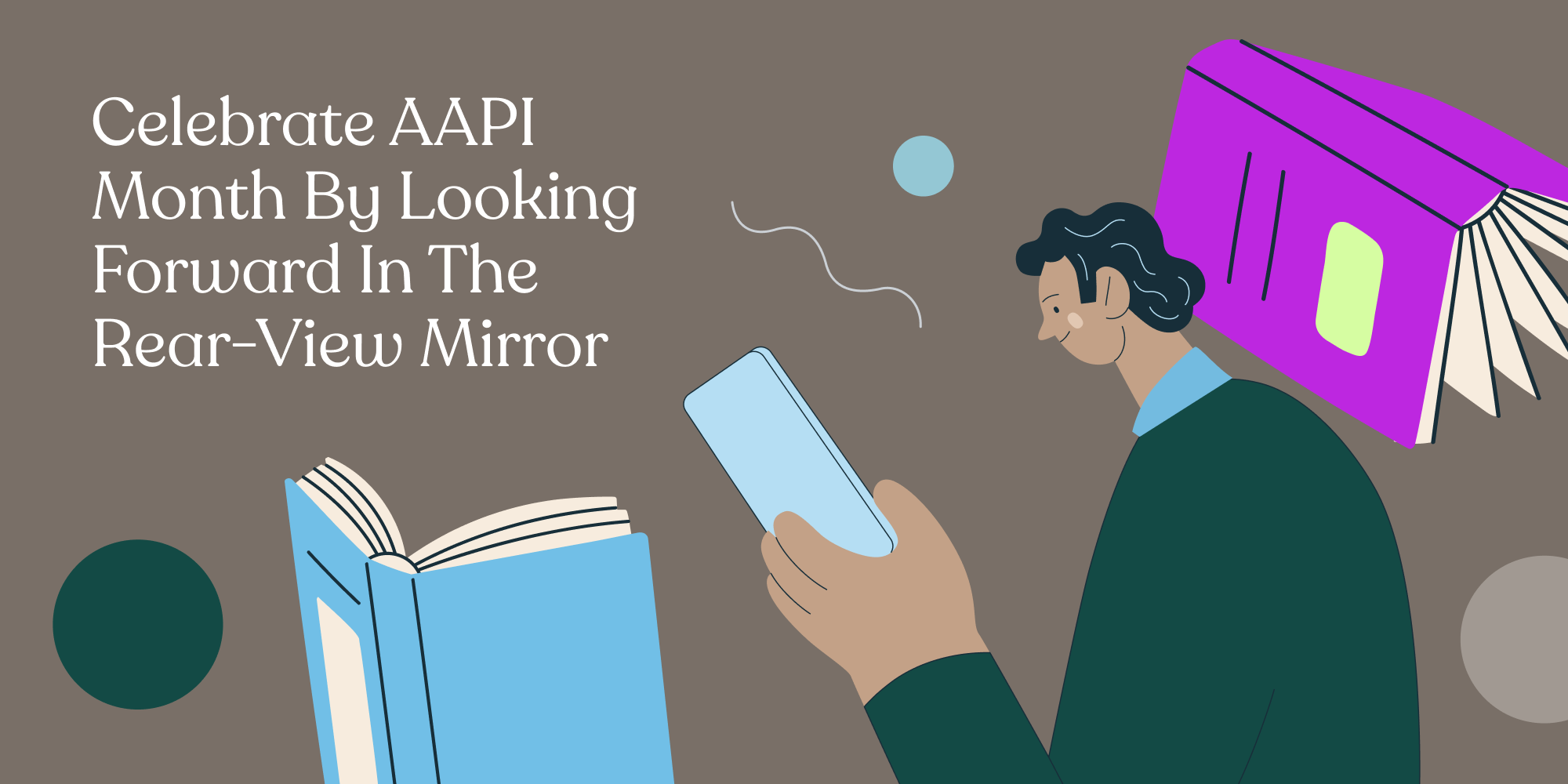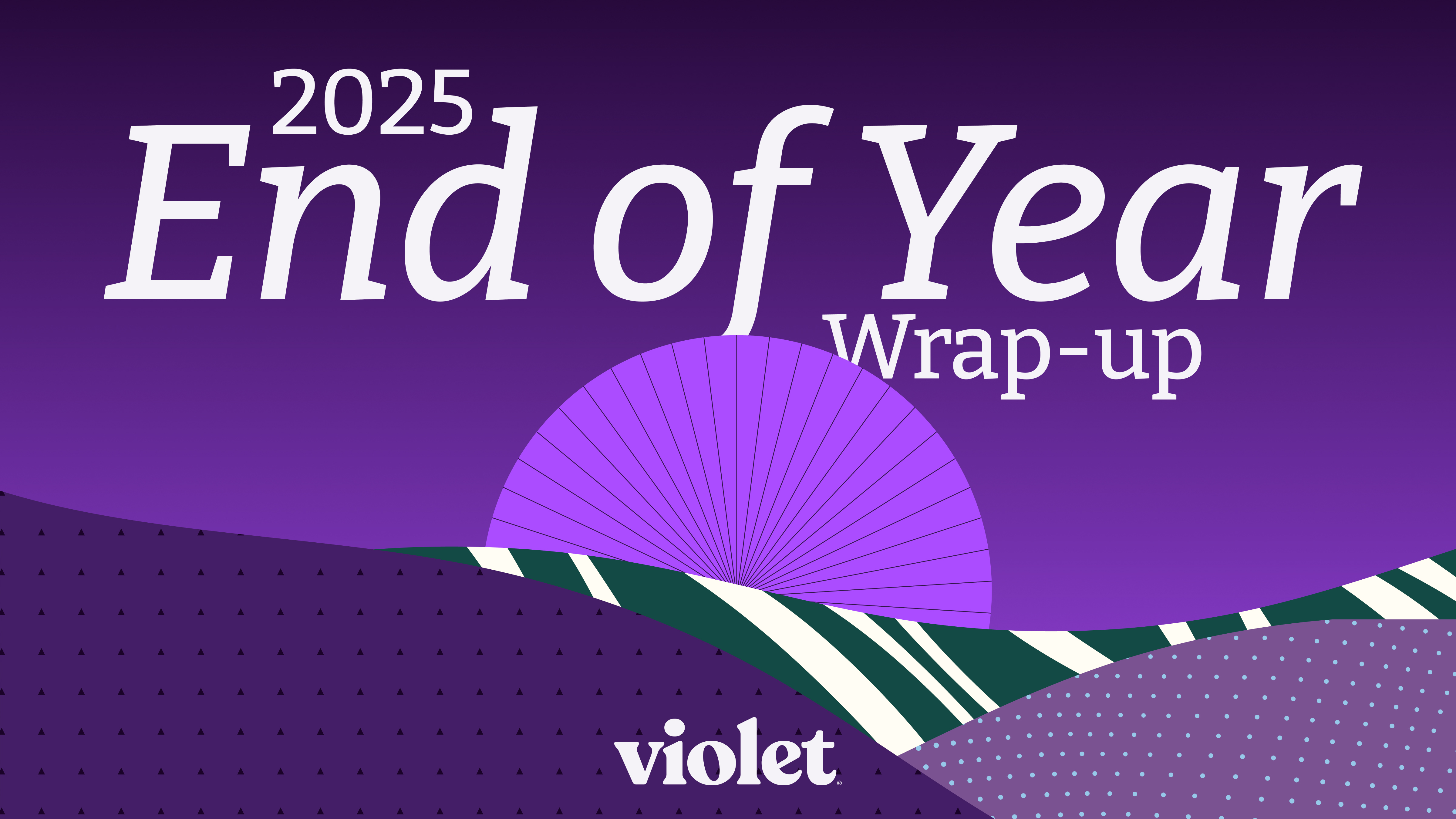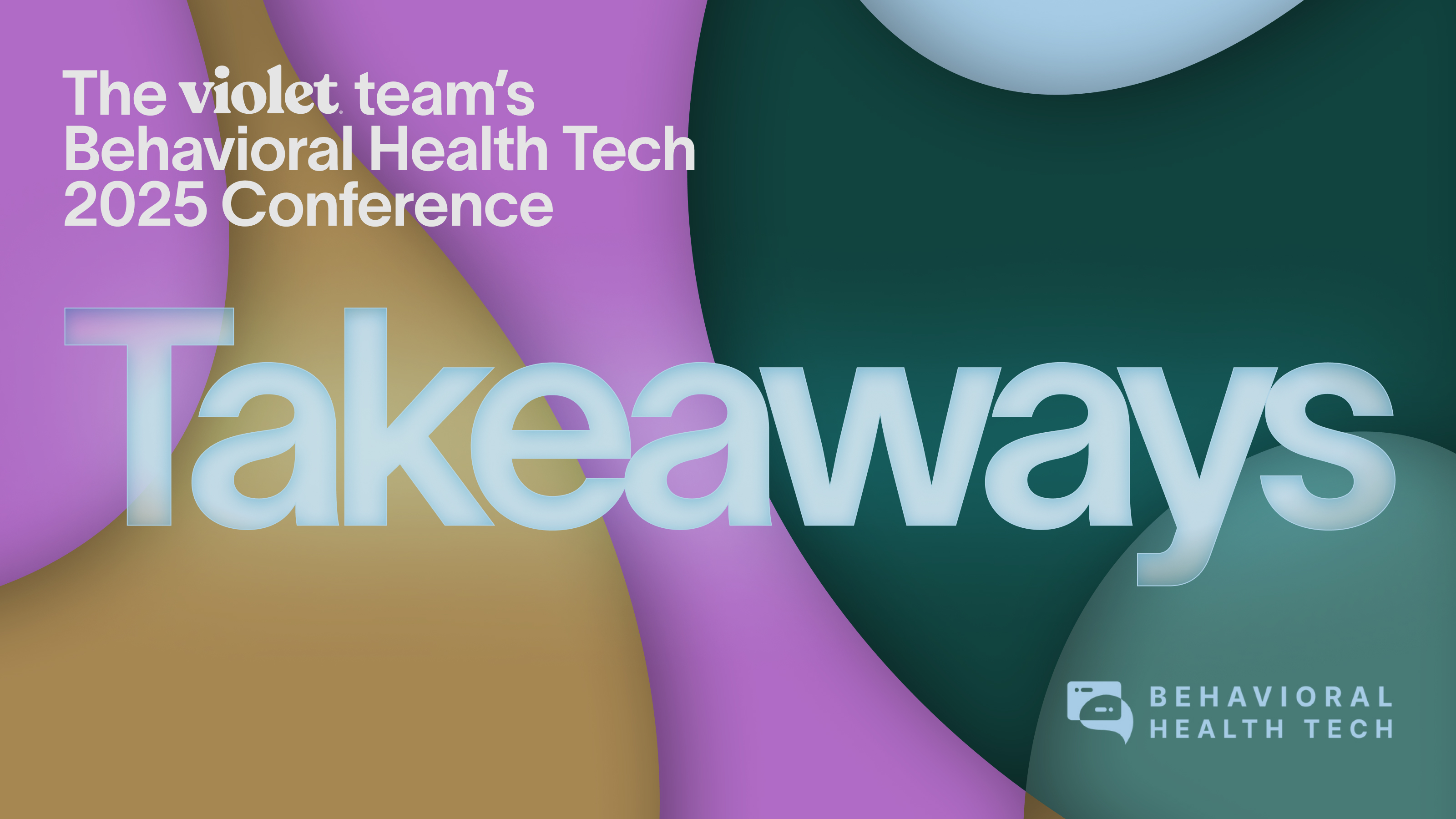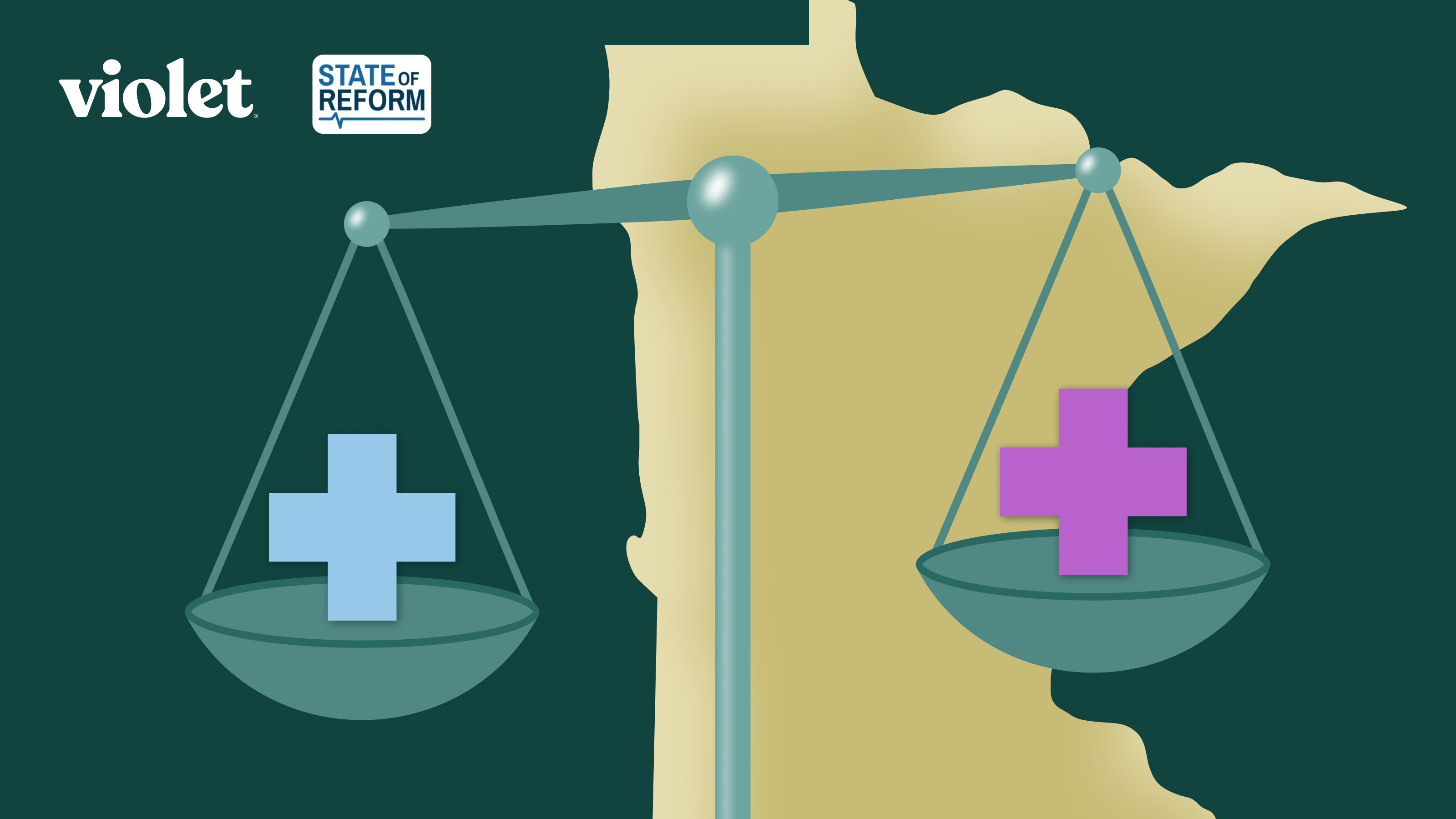This AAPI month, I want to draw attention to a specific form of collective grief. Let’s celebrate this month by honoring the pain that we have all held in our giấy tiền vàng bạc, in our joss sticks, in our Adidas’, and in our Dixon Ticonderoga No. 2s.
We are all going through the burdens and discomfiture that the pandemic has thrown our way, but a specific subset of grief that I want to call attention to is the grief of first-generation Asian Americans. We need to stop living out of the cultural suitcases that our families came to the country in and unpack what we’ve been given: the yin with the yang.
Most American children get gifts that are a predisposition to their success and destiny in the US. When it comes to first-generation Asian Americans and Pacific Islanders born from immigrants, there are a lot of scabs and infected wounds that are tucked away along with a foreign history and transplanted tongue. We are forced to find adaptors and MacGyver our equipment to function in a society that doesn’t run parallel to the one we’d inherited.
I grieve for my mother’s Vietnamese heritage that didn’t bleed on me. She wanted to name me Yienn—after a beautiful and rare Vietnamese bird—and instead gave me a name that was easily pronounced by most people. Ironically, my name, Jennifer, was hardest for my grandmother to pronounce with her ill-fitting dentures and taut Annamese tongue.
I grieve for the egg tarts and delicious bowls of phở that I missed out on in my school cafeteria because their preternatural olfactories needed to be left at home. I grieve for my Asian American peers who are grieving family histories they never get to see in their peers, curriculum, health care, and society. Collectively, we have lost a lot in representing a melting pot of a country that doesn’t see us in itself.
Culturally competent care.
AAPIs have the lowest help-seeking rate of any racial/ethnic group, with only 23% of AAPI adults with a mental illness receiving treatment in 2019. Plus, more than half of AAPI LGBTQ youth experienced discrimination based on their race/ethnicity in the past year — and those who did, reported higher rates of attempting suicide in the past year.
Recent violent histories across various Asian countries contribute to intergenerational trauma that continues to get passed down. The Vietnam war is a trauma that my mother will carry along with her and our family forever, but it was the biggest blessing and curse that brought my maternal side of the family to the United States.
My mother made sure I was bilingual: to be able to pass on her language while excelling at English. When I was 12, I noticed that my grandma was experiencing the early signs of dementia. I didn’t know how to articulate these thoughts and feelings in Vietnamese or English. The lexicon of a middle-schooler typically doesn’t involve neurocognitive disorders, at least I don’t think.
This made me thankful for the presence of culturally competent care. I saw this for the first time when I met with my grandmother’s funeral home staff. They allowed us to prepare a Buddhist-style altar and my uncle who was a monk, and presented her with traditional funeral clothing, with a top, bottom, and golden gloves, each with a quarter tucked inside. The care and effort they put into giving her a good funeral, helped me to begin to grieve and feel okay with her passing. Respect was paramount at this point, something I wish we saw more of in health care.
My grandmother’s primary care doctor was cavalier with these more personal, emotional matters, only looking at the physical ailment of the day. She battled stomach cancer and a stroke like a champ, but these were physical afflictions. Her PCP was less concerned about my grandmother’s mental well-being.
I didn’t feel we had a choice in taking care of my grandmother at home. Nobody would know how to cook what she eats. But with the many innovators and providers looking to enhance the patient experience and folding in cultural awareness into their practices, I am confident and hopeful that things will change.
This AAPI month, I urge you to consider the implications and necessity for culturally competent and aware care. By seeing a person from head to toe, from inside and out, from left to right, from back to front, see your patients, coworkers, families, and friends as wholes.

.svg)
.png)





.png)

